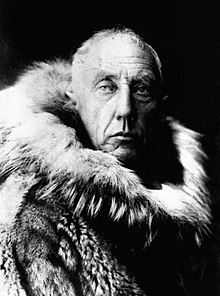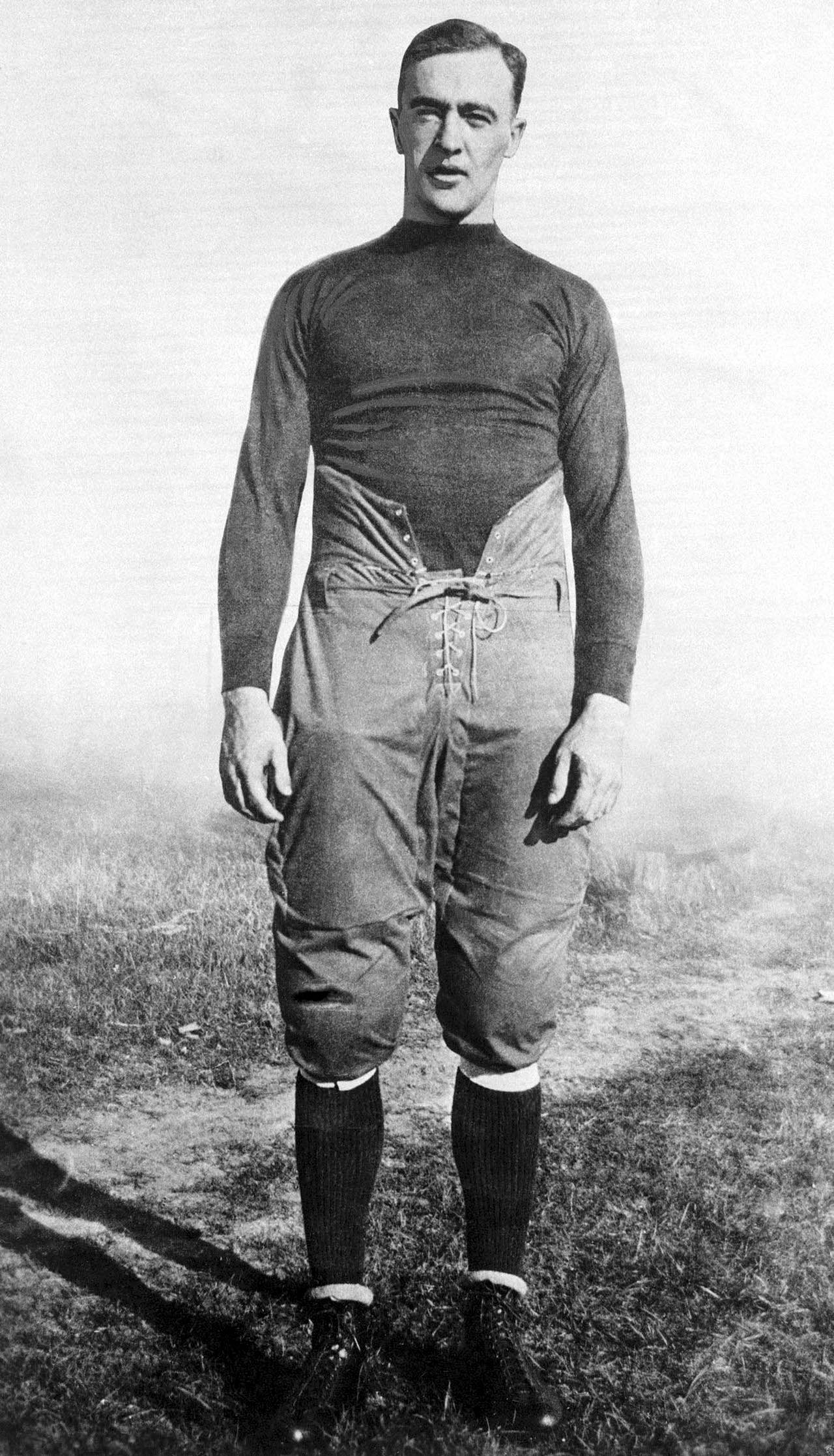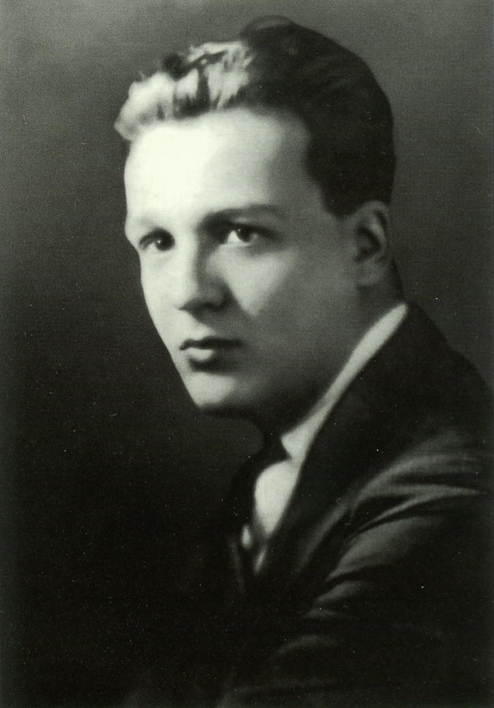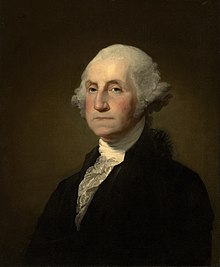December 14 is the 348th day of the year (349th in leap years) in the Gregorian calendar. There are 17 days remaining until the end of the year.
There are 10 days till Christmas……
Holidays
- Alabama Day (Alabama)
- Christian feast day:
- Forty-seven Ronin remembrance day (Sengaku-ji, Tokyo)
- Martyred Intellectuals Day (Bangladesh)
- Monkey Day
History
In 533, Vandalic War: Byzantine general Belisarius defeats the Vandals, commanded by King Gelimer, at the Battle of Tricamarum.
In 557, Constantinople is severely damaged by an earthquake.
In 835, Sweet Dew Incident: Emperor Wenzong of the Tang dynasty conspires to kill the powerful eunuchs of the Tang court, but the plot is foiled.
In 1287, St. Lucia’s flood: The Zuiderzee sea wall in the Netherlands collapses, killing over 50,000 people.
In 1542, Princess Mary Stuart becomes Mary, Queen of Scots.
In 1751, The Theresian Military Academy is founded as the first military academy in the world.
In 1782, The Montgolfier brothers‘ first balloon lifts off on its first test flight.
In 1799, George Washington, American general and politician, 1st President of the United States (b. 1732) dies at home around 10 p.m. on Saturday, December 14, 1799, aged 67. In his journal, Lear recorded Washington’s last words as being “‘Tis well.” He was the first President of the United States (1789–1797), the Commander-in-Chief of the Continental Army during the American Revolutionary War, and one of the Founding Fathers of the United States. He presided over the convention that drafted the United States Constitution, which replaced the Articles of Confederation and remains the supreme law of the land. Washington was unanimously elected President by the electors in both the 1788–1789 and 1792 elections. He oversaw the creation of a strong, well-financed national government that maintained neutrality in the wars raging in Europe, suppressed rebellion, and won acceptance among Americans of all types. Washington established many forms in government still used today, such as the cabinet system and inaugural address. His retirement after two terms and the peaceful transition from his presidency to that of John Adams established a tradition that continued up until Franklin D. Roosevelt was elected to a third term. Washington has been widely hailed as the “father of his country” even during his lifetime
In 1812, The French invasion of Russia comes to an end as the remnants of the Grande Armée are expelled from Russia.
In 1814, War of 1812: The Royal Navy seizes control of Lake Borgne, Louisiana.
In 1819, Alabama becomes the 22nd U.S. state.
In 1836, The Toledo War unofficially ends.
In 1861, Albert, Prince Consort, German husband of Queen Victoria (b. 1819) dies. He was the husband of Queen Victoria of the United Kingdom of Great Britain and Ireland. He was born in the Saxon duchy of Saxe-Coburg-Saalfeld to a family connected to many of Europe’s ruling monarchs. At the age of 20 he married his first cousin, Queen Victoria, with whom he would ultimately have nine children. At first, Albert felt constrained by his position as consort, which did not confer any power or duties upon him. Over time he adopted many public causes, such as educational reform and a worldwide abolition of slavery, and took on the responsibilities of running the Queen’s household, estates and office. He was heavily involved with the organisation of the Great Exhibition of 1851. Albert aided in the development of Britain’s constitutional monarchy by persuading his wife to show less partisanship in her dealings with Parliament—although he actively disagreed with the interventionist foreign policy pursued during Lord Palmerston‘s tenure as Foreign Secretary. He died at the early age of 42, plunging the Queen into a deep mourning that lasted for the rest of her life. Upon Queen Victoria’s death in 1901, their eldest son, Edward VII, succeeded as the first British monarch of the House of Saxe-Coburg and Gotha, named after the ducal house to which Albert belonged.
In 1896, The Glasgow Underground Railway is opened by the Glasgow District Subway Company.
In 1900, Quantum mechanics: Max Planck presents a theoretical derivation of his black-body radiation law.
In 1902, The Commercial Pacific Cable Company lays the first Pacific telegraph cable, from San Francisco to Honolulu.
In 1902, Julia Grant, American wife of Ulysses S. Grant, 21st First Lady of the United States (b. 1826) dies.
In 1903, The Wright brothers make their first attempt to fly with the Wright Flyer at Kitty Hawk, North Carolina.
In 1907, The schooner Thomas W. Lawson runs aground and founders near the Hellweather’s Reef within the Isles of Scilly in a gale. The pilot and 15 seamen die.
In 1909, New South Wales Premier Charles Wade signs the Seat of Government Surrender Act 1909, formally completing the transfer of State land to the Commonwealth to create the Australian Capital Territory.

In 1911, Roald Amundsen ’s team, comprising himself, Olav Bjaaland, Helmer Hanssen, Sverre Hassel, and Oscar Wisting, becomes the first to reach the South Pole.
In 1913, Haruna, the fourth and last Kongō-class ship, launches, eventually becoming one of the Japanese workhorses during World War I and World War II.
In 1914, Lisandro de la Torre and others found the Democratic Progressive Party (Partido Demócrata Progresista, PDP) at the Hotel Savoy, Buenos Aires, Argentina.
In 1918, Friedrich Karl von Hessen, a German prince elected by the Parliament of Finland to become King Väinö I, renounces the Finnish throne.
In 1918, Portuguese President Sidónio Pais is assassinated.

In 1920, George Gipp, American football player (b. 1895) dies at the age of 25 of a streptococcal throat infection, days after leading Notre Dame to a win over Northwestern in his senior season. He was a college football player who played for the University of Notre Dame. Gipp was selected as Notre Dame’s first All-American and is Notre Dame’s second consensus All-American (of 79), after Gus Dorais. Gipp played multiple positions, most notably halfback, quarterback, and punter. He is still considered today to be one of the most versatile athletes to play the game of football and is the subject of Knute Rockne‘s famous “Win just one for the Gipper” speech.

In 1935, Stanley G. Weinbaum, American author (b. 1902) dies of lung cancer. He was an American science fiction writer. His career in science fiction was short but influential. His first story, “A Martian Odyssey“, was published to great (and enduring) acclaim in July 1934, but he would be dead from lung cancer within eighteen months. Weinbaum was born in Louisville, Kentucky, the son of Stella (née Grauman) and Nathan A. Weinbaum. His family was Jewish. He attended school in Milwaukee. He attended the University of Wisconsin–Madison in Madison, first as a chemical engineering major but later switching to English as his major, but contrary to common belief he did not graduate. On a bet, Weinbaum took an exam for a friend, and was later discovered; he left the university in 1923.
He is best known for the groundbreaking science fiction short story, “A Martian Odyssey“, which presented a sympathetic but decidedly non-human alien, Tweel. Even more remarkably, this was his first science fiction story (in 1933 he had sold a romantic novel, The Lady Dances, to King Features Syndicate, which serialized the story in its newspapers in early 1934). Isaac Asimov has described “A Martian Odyssey” as “a perfect Campbellian science fiction story, before John W. Campbell. Indeed, Tweel may be the first creature in science fiction to fulfil Campbell’s dictum, ‘write me a creature who thinks as well as a man, or better than a man, but not like a man’.” Asimov went on to describe it as one of only three stories that changed the way all subsequent ones in the science fiction genre were written. It is the oldest short story (and one of the top vote-getters) selected by the Science Fiction Writers of America for inclusion in The Science Fiction Hall of Fame, Volume One, 1929–1964.
In 1939, Winter War: The Soviet Union is expelled from the League of Nations for invading Finland.
In 1941, World War II: Japan signs a treaty of alliance with Thailand.
In 1946, The United Nations General Assembly votes to establish its headquarters in New York, New York.
In 1947, Santiago Bernabéu Stadium, home of Real Madrid C.F., staged its first football match.
In 1955, Albania, Austria, Bulgaria, Cambodia, Ceylon, Finland, Hungary, Ireland, Italy, Jordan, Laos, Libya, Nepal, Portugal, Romania and Spain join the United Nations.
In 1958, The 3rd Soviet Antarctic Expedition becomes the first to reach the southern pole of inaccessibility.
In 1961, Tanganyika joins the United Nations.
In 1962, NASA‘s Mariner 2 becomes the first spacecraft to fly by Venus.
In 1963, The dam containing the Baldwin Hills Reservoir bursts, killing five people and damaging hundreds of homes in Los Angeles, California.
In 1964, American Civil Rights Movement: Heart of Atlanta Motel v. United States – The Supreme Court of the United States rules that Congress can use the Constitution’s Commerce Clause to fight discrimination.
In 1971, Bangladesh Liberation War: Over 200 of East Pakistan ’s intellectuals are executed by the Pakistan Army and their local allies. (The date is commemorated in Bangladesh as Martyred Intellectuals Day.)
In 1972, Apollo program: Eugene Cernan is the last person to walk on the moon, after he and Harrison Schmitt complete the third and final extra-vehicular activity (EVA) of the Apollo 17 mission.
In 1981, Arab–Israeli conflict: Israel’s Knesset ratifies the Golan Heights Law, extending Israeli law to the occupied Golan Heights.
In 1983, The third Congress of the Communist Youth of Greece starts.
In 1988, The ET3 television network is launched in Thessaloniki, Greece.
In 1992, War in Abkhazia: Siege of Tkvarcheli – A helicopter carrying evacuees from Tkvarcheli is shot down, resulting in at least 52 deaths, including 25 children. The incident catalyses more concerted Russian military intervention on behalf of Abkhazia.
In 1994, Construction begins on the Three Gorges Dam on the Yangtze river.
In 1995, Yugoslav Wars: The Dayton Agreement is signed in Paris by the leaders of the Federal Republic of Yugoslavia, Croatia, and Bosnia and Herzegovina.
In 1999, Torrential rains cause flash floods in Vargas, Venezuela, resulting in tens of thousands of deaths, the destruction of thousands of homes, and the complete collapse of the state’s infrastructure.
In 2003, Pakistani President Pervez Musharraf narrowly escapes an assassination attempt.
In 2004, The Millau Viaduct, the tallest bridge in the world, is formally inaugurated near Millau, France.
In 2008, Muntadhar al-Zaidi throws his shoes at then-U.S. President George W. Bush during a press conference in Baghdad, Iraq.
In 2012, Sandy Hook Elementary School shooting: Twenty-eight people, including the gunman, are killed in Sandy Hook, Connecticut.
In 2013, A reported coup attempt in South Sudan leads to continued fighting and hundreds of casualties.
In 2013, Peter O’Toole, Irish-English actor, singer, and producer (b. 1932) dies at the age of 81. He was a British-Irish stage and film actor. He attended the Royal Academy of Dramatic Art, and began working in the theatre, gaining recognition as a Shakespearean actor at the Bristol Old Vic and with the English Stage Company, before making his film debut in 1959.
He achieved international recognition playing T. E. Lawrence in Lawrence of Arabia (1962) for which he received his first Academy Award nomination. He received seven further Oscar nominations – for Becket (1964), The Lion in Winter (1968), Goodbye, Mr. Chips (1969), The Ruling Class (1972), The Stunt Man (1980), My Favorite Year (1982) and Venus (2006) – and holds the record for the most Academy Award acting nominations without a win. He won four Golden Globes, a BAFTA and an Emmy, and was the recipient of a Honorary Academy Award in 2002.
In 2002, the Academy honoured him with an Academy Honorary Award for his entire body of work and his lifelong contribution to film. O’Toole initially balked about accepting, and wrote the Academy a letter saying that he was “still in the game” and would like more time to “win the lovely bugger outright.” The Academy informed him that they would bestow the award whether he wanted it or not. He told Charlie Rose in January 2007 his children admonished him, saying that it was the highest honour one could receive in the filmmaking industry. O’Toole agreed to appear at the ceremony and receive his Honorary Oscar. It was presented to him by Meryl Streep, who has the most Oscar nominations of any actress (19).
In 2013, A reported coup attempt in South Sudan leads to continued fighting and hundreds of casualties.
In 2017, The Walt Disney Company announces that it would acquire 21st Century Fox, including the 20th Century Fox movie studio, for $52.4 billion.




